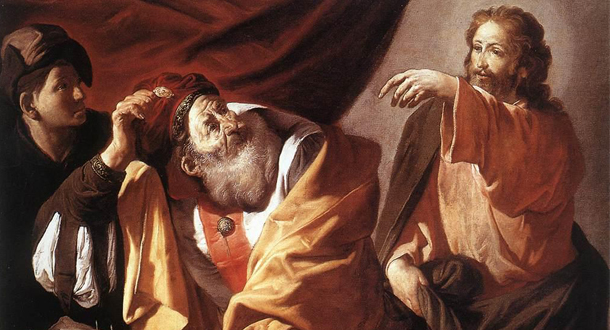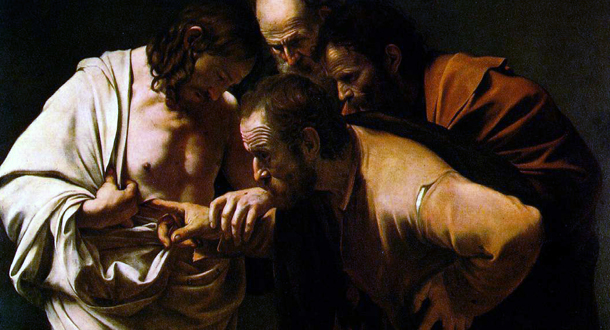Scripture:
Hosea 2:16, 17b-18, 21-22
Matthew 9:18-26
Reflection:
Summer Concerts of Faith and Hope
We can imagine our readings today as a summer concert full of feeling. A romantic melody captures the joy of Hosea hearing once again the words of his estranged wife, “My Husband”. We move on then to a lullaby that plays the themes of the Beatitudes in Matthew. We are in touch with our ‘Jewishness’, reminded of the teachings handed down from Moses to a Chosen People. We are the light of the world, we follow Jesus who has fulfilled the Law and did away with nothing. We care for the poor, fast and pray; we forgive and we make ours Jesus’ words: what you want people to do to you, so also do to them.
This is relaxing, thoughtful music indeed. But the heart of our concert strikes out in modern, stark music that tells the story of two of Jesus’ miracles. They are familiar tunes made popular by Mark. Everyone hums them all the time. But Matthew is different. Where Mark bubbled over as he told of two women to whom the miracle of being life givers was stripped away and then restored, Matthew leaves us stripped! Gone is the restoration of their gift, gone too is the lovely, ‘give the girl something to eat’, with the joy of feeding her and her contentment, and the certainty that she is going to grow strong. No, for Matthew his music is, let’s see….a harp and saxophone for the woman with the hemorrhage and a french horn and a banjo for our young girl. The music tells of faith, salvation and resurrection. Indeed, after twelve long years of suffering the woman can say to herself, ‘if I touch his garment I will be healed’. How the sax answers the harp, ‘Your faith has returned your health’. And the french horn of Jesus’ voice overcame the laughter of the mourners, and the fun of the banjo played as Jesus took her hand and the girl arose. And played a bit more so we could imagine what the parents and disciples of Jesus then did.
Our concert is quick! But we end with two new melodies to carry with us.
Perseverance. Like the people we meet who benefit from the miracles of Jesus – twelve long years, a child’s death, two blind men, a demon, the list is as endless as every person. A drum roll reminds us that all of the miracles of Jesus find their full meaning in the miracle of the Paschal Mystery, Jesus’ passion, death and resurrection. We all need salvation. We need resurrection. We need our faith in Jesus.
We end with our opening music of the love story of Hosea that now introduces Mary, Mother of Hope. Today is a feast celebrated in Passionist communities. Its origin goes to the early days of the congregation when Thomas Sturzzieri, CP carried with him a picture of Mary, Mother Hope wherever he conducted parish missions. This devotion to Mary grew in Passionist spirituality and this picture became popular in the monasteries.
On notes of love we remember today’s miracles. We ask for faith. We see our mother, a model of hope, who gentles our perseverance with hope. She brings her love and understanding as a mother to those areas that await Jesus’ miracles.
Quiet.
Fr.William Murphy, CP is the pastor of Immaculate Conception Parish in Jamaica, New York.

 Scripture:
Scripture: Scripture:
Scripture: Scripture:
Scripture: Scripture:
Scripture:

 Scripture:
Scripture: